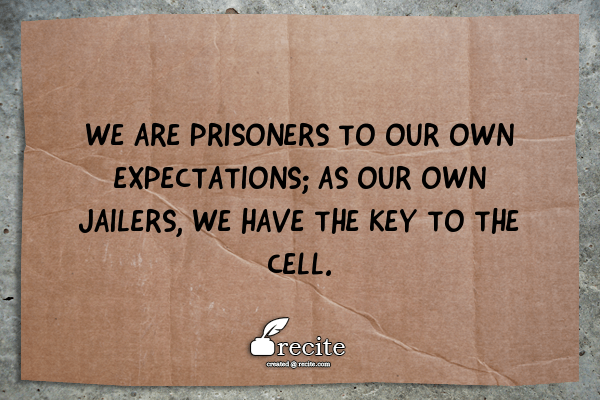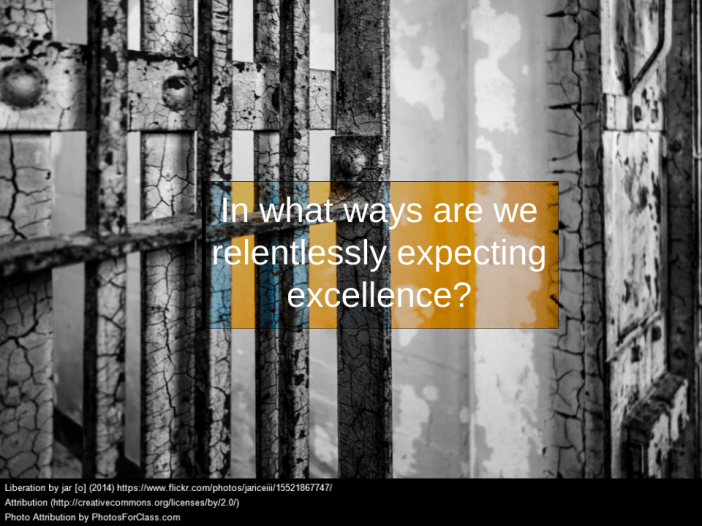Here are the three most important questions a teacher needs to inform their instructional practice:

Where are we now?
This is your ship’s radar, the pulses that allow you insights, however imperfect, as to the direction in which each of the independent young minds in the room are moving. In the classroom, this can be most powerfully addressed by on-going formative assessment techniques.
Dylan Wiliam is one of the leading experts in formative assessment, and though he offers many strategies that have a significant positive impact on learning, for me, the best starting place is to institute a no-hands up questioning policy. Immediately, it achieves two things:
- Everyone must remain involved in the classroom discussion. Why? You could be called on.
- You don’t just hear from a self-selecting students who “get it”. You hear the thoughts of any student, anywhere along the learning journey, misconceptions and all.
Additionally, the long-term benefit is that it is a wonderful way of challenging your students to value learning, which is messy and imperfect, over a desire to be seen to “be right”, which is often little more than a Pyrrhic victory for teacher and student.
More tips here
What are the insights for school leadership?
There are a number of equivalents to no hands up questions in an institutional context, not least applying a similar policy in staff meetings. The most powerful conceptual equivalent, however, is in conducting unscheduled routine observations of classrooms and team meetings. Instead of relying on teachers to voluntarily be observed, or it happening as part of a high(er)-stake appraisal process, observations should become an unfeared, welcomed routine. Undertaken regularly and intentionally, they would contribute to:
- Formatively assessing anything from school goals to the outcomes of recent professional development.
- “Pre-assessing” the school culture for more informed goal setting.
- Cultivating a climate in which teachers are encouraged to innovate; de-privatising practice erodes the fear of being seen to need to professionally grow.
Sometimes, we take for granted where we are – it seems too obvious – and yet surprising insights can be found when we remember to:


